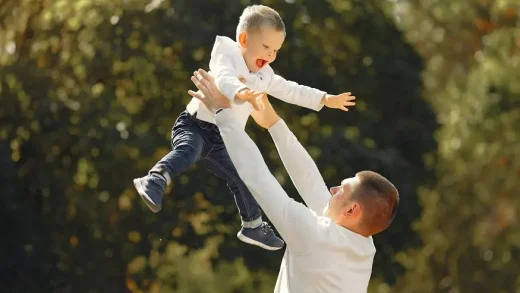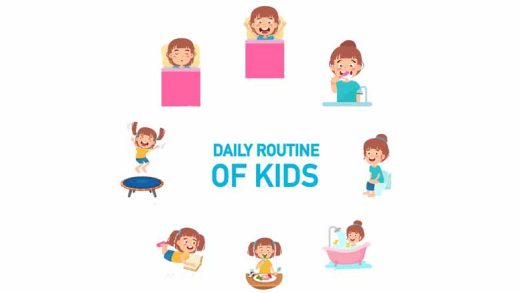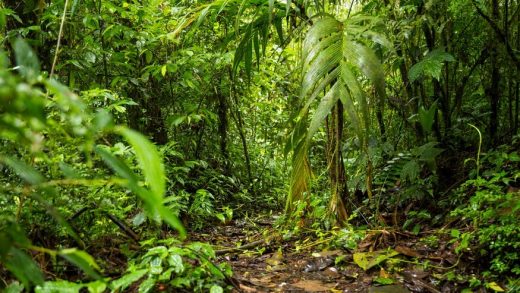Hand washing for preschoolers is considered an important lesson for their health and developmental growth. Handwashing is no less than a ritual! It shows how people build their life-long skills to keep themselves healthy and to cut down the transmission of germs to others. As preschool kids learn about the importance of handwashing, they will have a good base for healthy personal hygiene throughout their lives.
You can equip your preschoolers with the importance of handwashing for kids through some easy steps.
Importance of Handwashing
Following are the importance of handwashing for kids.
- Disease Prevention:
- Lessens Respiratory Infections:
- Prevents Tummy Troubles:
- Stops Germs from Spreading:
- Helps Everyone Stay Well:
- Fights Super bacteria:
- Builds Good Habits:
- Makes Socializing Safe:
- Gives Kids Control:
Washing hands periodically can reduce the risk of contracting diseases, such as colds, flu, and other illnesses, that are spread through respiratory droplets from sneezing and coughing.
Washing with soap and water can immensely lower the chances of catching a respiratory infection as all the airborne germs are kept away from the nose and the mouth.
Hand washing before eating and after dealing with food is a good practice. It stops the spread of disease-causing bacteria responsible for stomach upsets.
The use of hand washing in schools and playgrounds is a great way to interrupt any chain of transmission of germs from one person to another, which is the main transmission path.
By washing their hands, people can help protect not only their children but also their friends, family, and even their entire community from getting sick.
Clean hands can limit the spread of bacterial infections that are antibiotic-resistant, difficult to treat, and can cause severe illness.
Teaching kids new hand hygiene habits every day is a simple but effective way to learn lasting cleanliness and health lessons.
Cleaning hands enables better engagement with peers, decreases the chances of spreading germs, and reduces the risk of transmitting diseases in communal playgrounds.
Knowledge of both how and when to wash hands provided kids with the power to become the masters of their own health and stay well.
Tips for Teaching Hand Washing
Following are some of the handwashing techniques and tips that can be followed for a healthy lifestyle:
- Simple Soap Power:
- Sink Accessibility:
- Wash Everywhere:
- Sing and Scrub:
- Timing is Key:
- Germ-Fighting Mission:
- Lead by Example:
It’s better to stick with regular soap. There is no need to purchase additional fragrances, gels, or bars. Additionally, store the soap in a dry place to prevent contamination.
If the sink is too high for the kiddo to easily reach in a comfortable position, use an extra step stool. One tip we suggest is to keep a bar of soap easily accessible nearby.
Explain to your child that it is necessary to intensely scrub the nails, fingertips, and entire hands, not just to wash the palms.
Encourage handwashing after playing by having them sing a song like ‘Happy Birthday’ or the Alphabet song twice while doing so.
Suggest washing hands before mealtimes, after using the toilet, or when playing with pets, coughing, or sneezing.
Ensure that your child understands hand washing is effective by combating microorganisms that cannot be seen with the naked eye.
Instruct your kids about the importance of hand washing and demonstrate it by washing hands together. You are the superhero against whom none of their enemies can stand!
Simple Handwashing Steps for Preschoolers
Following are some of the useful handwashing steps for your kids
- Start by turning on the water tap and use either warm or cold water to thoroughly wash your children’s hands. Ensure you wet their hands completely.
- Once ready, apply soap to their hands. Rub the soap to create foam, covering all parts of their hands thoroughly.
- Gently hand-rub your children’s hands, paying special attention to the fingernails, in between the fingers, the back and the front of the hands, and under the fingernails.
- Do not rush this process. Spend sufficient time on this step and consider playing a fun song to make the cleaning session enjoyable.
- After scrubbing, rinse their hands under the tap to wash away all the soap and bubbles.
- Dry their hands with a clean towel or let them air dry. Now, in no time at all, your children’s hands are clean and they’re ready to continue with their activities.
Teaching preschoolers how to wash their hands is essential for their healthy growth and development. Establishing this habit early in life is crucial; it enables them to learn how to prevent diseases and stay healthy not only for their own sake but also for others. Additionally, it ensures that hygiene skills become a lifelong practice. Through joyful teaching techniques and by setting a positive example, children can independently understand the purpose of handwashing in maintaining their health and well-being.
Develop good hygienic habits in your kids from an early age! Go on a safe and healthful preschool adventure with Kangaroo Kids International Preschool. To learn more about our curriculum, contact us today!









